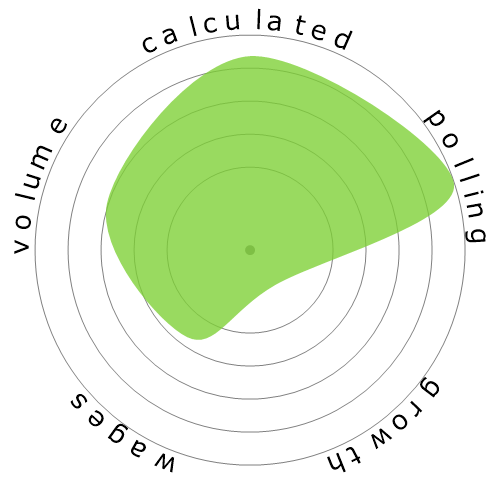Special Education Teachers, Elementary School
Where Would You Like to Go Next?
Or, Explore This Profession in Greater Detail...
Employment data isn't available specifically for this occupation from the Bureau of Labor Statistics, so we are using the data from Special Education Teachers, Kindergarten and Elementary School.


What does this snowflake show?
What's this?
We rate jobs using four factors. These are:
- Chance of being automated
- Job growth
- Wages
- Volume of available positions
These are some key things to think about when job hunting.
People also viewed
Calculated automation risk
Minimal Risk (0-20%): Occupations in this category have a low probability of being automated, as they typically demand complex problem-solving, creativity, strong interpersonal skills, and a high degree of manual dexterity. These jobs often involve intricate hand movements and precise coordination, making it difficult for machines to replicate the required tasks.
More information on what this score is, and how it is calculated is available here.
User poll
Our visitors have voted there's a minimal chance this occupation will be automated. This assessment is further supported by the calculated automation risk level, which estimates 6% chance of automation.
What do you think the risk of automation is?
What is the likelihood that Special Education Teachers, Elementary School will be replaced by robots or artificial intelligence within the next 20 years?
Growth
The number of 'Special Education Teachers, Kindergarten and Elementary School' job openings is expected to decline 0.7% by 2033
Updated projections are due 09-2025.
Wages
In 2023, the median annual wage for 'Special Education Teachers, Kindergarten and Elementary School' was $64,910, or $31 per hour
'Special Education Teachers, Kindergarten and Elementary School' were paid 35.1% higher than the national median wage, which stood at $48,060
Volume
As of 2023 there were 212,850 people employed as 'Special Education Teachers, Kindergarten and Elementary School' within the United States.
This represents around 0.14% of the employed workforce across the country
Put another way, around 1 in 713 people are employed as 'Special Education Teachers, Kindergarten and Elementary School'.
Job description
Teach academic, social, and life skills to elementary school students with learning, emotional, or physical disabilities. Includes teachers who specialize and work with students who are blind or have visual impairments; students who are deaf or have hearing impairments; and students with intellectual disabilities.
SOC Code: 25-2056.00
Comments (2)
Reply to comment